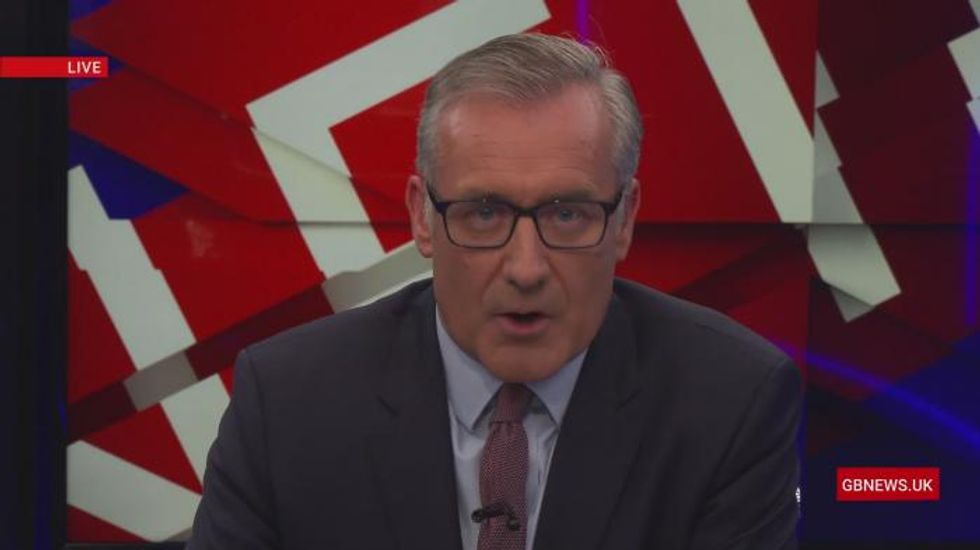What Anita Rani said to the Radio Times may be the logical conclusion of a creed which says “If I believe I’m the victim of racism, then racism it was.”
Don't Miss
Most Read
Trending on GB News
Sorry to be a bit of a broken record.
Last night I brought you the story of how race made life hard for women in my home town of Bradford. And tonight I’m going to do the same story, but in a subtly different way. See if you can spot the difference.
Last night’s story concerned two 14-year-old girls who’d been abused by a gang of predominantly Pakistani men while in a council care home in Bradford. Yesterday the council said sorry. A former detective I interviewed on the show told me how nobody wanted to address the problem, lest they be accused of racism.
Racism is real, but not everything is racism.
Well, in the newspapers yesterday, there was another interview, albeit one I missed. It was another Bradford woman, also complaining about racism. But this story wasn’t a tragedy. There was no actual victim, certainly no young lives ruined by institutional indifference or the fear of being labelled a racist. No, this story wasn’t a tragedy. It was a farce. A demonstrable, self-serving, publicity-securing farce.
It concerns a broadcaster called Anita Rani who, as I say, grew up like me in Bradford. She presents shows on the BBC. High-profile gigs like Woman’s Hour and Countryfile. Ten years my junior and considerably more successful.
Her career hit a memorable high when, six years ago, she reached the semi-final of the BBC’s box-office entertainment show, Strictly Come Dancing.
Anita Rani during a photocall for the launch of Strictly Come Dancing Live Tour
Joe Giddens
Reflecting on her elimination from the show, she's been musing to the Radio Times and delivered this verdict: “I still find myself wondering whether I would have got into the final if I didn’t have a brown face.”
It seems to have slipped her mind that several former Strictly semi-finalists have brown faces, and they went on to win. Personalities who won the hearts of the audience with their warmth, good humour and fox-trot. With what Martin Luther-King famously called, the content of their character. The likes of Mark Ramprakash, Alesha Dixon and Louis Smith. To name but a few.
Does what she said really matter? Rani has a book to promote and there are some comments more apt to produce headlines than others. I think I prefer THAT cynical calculation, if that’s what it is. Because the other explanation, that Rani really thinks she didn’t win Strictly because of her skin colour, feels like a gargantuan act of self-deception. I repeat: other winners weren’t white.
Of course racism exists, in different and toxic forms. Those two girls in Bradford, let down partly because it would lead to uncomfortable conversations. But crying racism as a reflexive excuse for a hiccup in an otherwise successful career cheapens the accusation. Makes it harder for legitimate cases to be taken seriously.
But there’s something else potentially at work here. What Anita Rani said to the Radio Times may be the logical conclusion of a creed which says “If I believe I’m the victim of racism, then racism it was.” No need to prove it happened, or that it was evidentially true. Ignore the fact that other, similarly non-white people achieved what you couldn’t. All that matters is your embittered lived experience.
Perhaps you think I’m making too much of this. Perhaps I am. But if we don’t challenge these casual, off-hand, meretricious accusations of racism we will all be the poorer. They breed resentment amongst those who believe the race card is being played, and an abiding sense of grievance in those who attribute any setback to the workings of bigotry.










